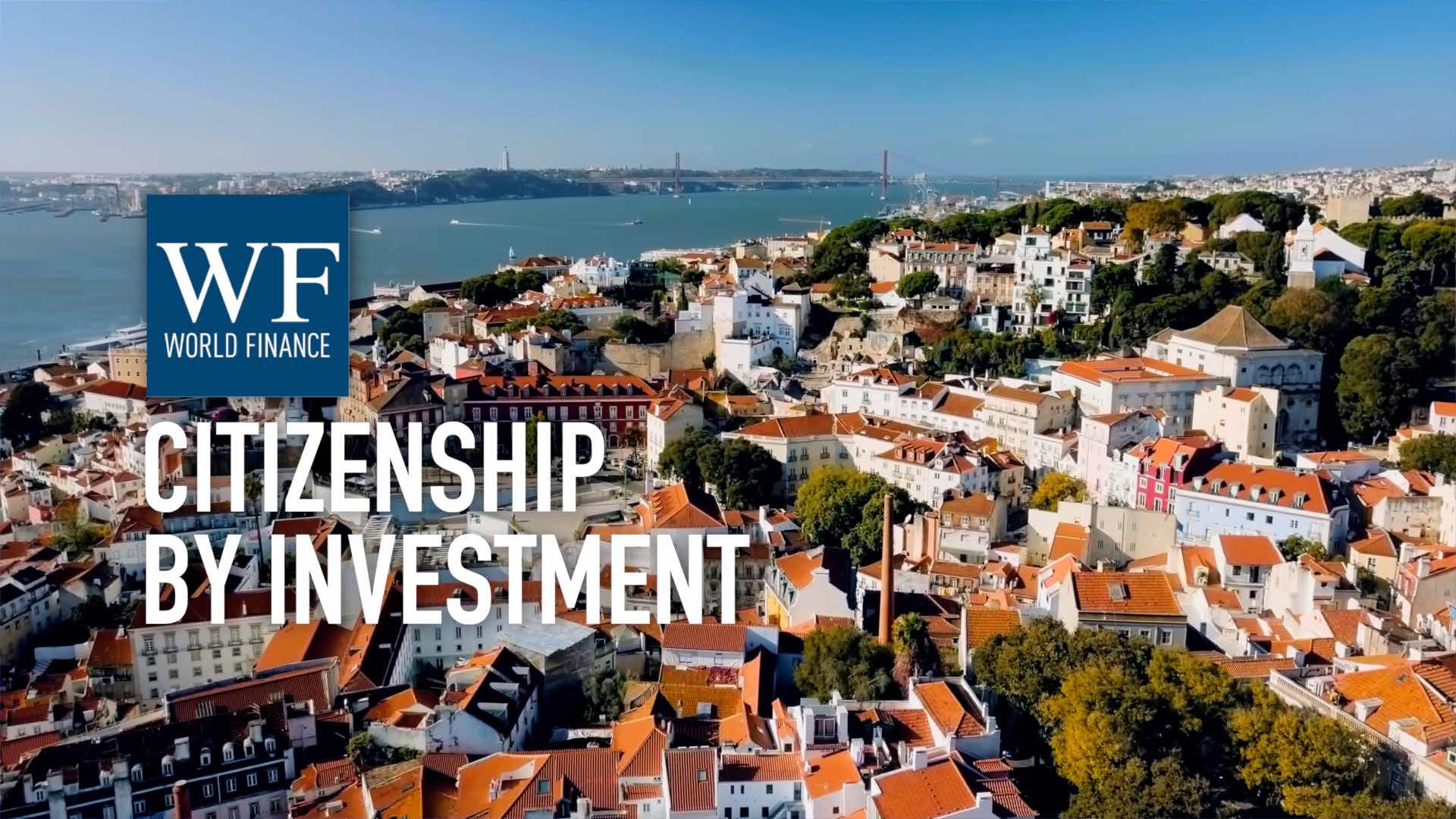Nelson Machado believes simplicity is key | ActivoBank
World Finance interviews Nelson Machado, CEO at ActivoBank, about his thoughts on Portugal's future as part of the common currency.
Related:
Transcript
Nelson Machado, CEO of ActivoBank, emphasises the importance of simplicity, technology, and innovation in meeting the ever-changing needs of its customers. Touching on the impact that the struggling common currency has had on Portugal, he notes some of the clear signs of hope within the country.
World Finance: How has ActivoBank grown and developed in recent years?
Nelson Machado: Well we have already had twenty years of life but with three lives, if you want. The first life started as telephone banking, after that we developed a new life that we called our online investment banking, and three years ago we devoted our focus to software customers, urban younger customers, that do not need to go to a normal bank every day, and so this is our third life. I believe we are doing amazingly well in terms of developing this new concept, we have grown more than 120 percent in our customer base in the last two and a half years, we have very high levels of satisfaction from our customers, so this new approach is the right approach to the life that we see the bank is going through.
“So our big value is simplicity; we need to have a complete offer, but a very simple offer”
World Finance: 120 percent growth in your customer base is a significant number, tell us more about how your approach to your customers has changed?
Nelson Machado: So our big value is simplicity; simplicity means that we need to have a complete offer, but a very simple offer. We don’t need to have 20 options for each need of a customer. But we need to have one that is really good and the customer understands, it doesn’t have small print. And this is a key element of the bank. The other key element of the bank is that we are very good and very consistent in all channels of access. We have branches in 14 of the biggest and most important places in the country, we do have a fantastic site that has been rewarded by everybody in the last couple of years, we have a very good mobile platform that again is considered to be the simplest and most efficient mobile platform in Portugal, and we do have telephone banking. So, the customers have the same feeling and behaviour in each one of these channels.
World Finance: Tell us about the interaction with your customers in terms of technology and the developments in this area?
Nelson Machado: I think I can approach this in two ways. First, we are very committed to social media; we have more friends on Facebook than we have customers, and our friends are really friends, not only in Facebook terminology but also in the way that they protect the bank. We are doing very important, though simple, CRM approaches to the behaviour of our customers. We have two layers that are very important; one, is what we call the three cycles of the customer- the welcome cycle when they receive their welcome mail, the second we call the involvement phase, third phase is the fidelisation phase (customer loyalty phase). So this is, in a way, one dimension. The other is something that we call the next best offer. So in the many times a customer interacts with us, we tell them what is the product that they should have that they don’t have yet. And this consistency across all the branches, which I believe is also something unique, is something that allows us also to be very close to the needs of our customers.
“Portugal is a country of owners, everybody likes to buy their own house”
World Finance: You’ve recently implemented the New House Solution, tell us about this and what it offers?
Nelson Machado: Portugal is a country of owners, everybody likes and is used to buying their own house. The market has changed dramatically in the last couple of years, people no longer want to buy a house because they are more afraid of the future, they aren’t sure if they’ll keep their job. So what we have seen in the last two, three, four years is a big switch between the traditional mortgage market to a new renting market. But this renting market has a difficulty, normally the owners of the house demand a down-payment of two, three, or six months of rent, which prevents a lot of people from being able to rent. What ActivoBank does is that we have a solution that allows our customers not to give a down payment in order to get a rental, but instead to have a guarantee from the bank that the owner of the house will get their payment in the case that something goes wrong. And this is a totally new approach to the market. Again, we simplify and we are closer to the wants and financial needs of our customers.
World Finance: ActivoBank recently featured in Exame magazine’s list of the best companies to work for, how important is this for you?
Nelson Machado: It is very important to us. And it is not only that we are in a list, it is a ranking of 15 in the best companies to work for in Portugal. I know that I have all my employees with me in order to give a good service to my customers but it is also a big sign of hope because I am sure that I have everybody ready to do better and better because they are so committed to the bank, so it is really a great thing that happened for the bank.
“I see some good signs, and I see some terrible storms also. But I think that Portugal as a country is behaving tremendously well”
World Finance: What are your thoughts on Portugal’s future in the common currency?
Nelson Machado: It’s definitely not an easy question to answer, but let me share with you my thoughts. Portugal has two major imbalances; one, is the current account towards the exterior to the other countries’ deficit and debt, and the second is the government’s deficit and debt. The first imbalance has had tremendous improvement. Last year was the first year in 70 years that we have had a positive balance towards the other countries, so we did export more than we imported, which is a huge improvement and the result of a huge effort. We did increase a lot of our imports and we did improve significantly our exports, and these suggest that we can be competitive enough to live inside the Euro. However, the other side of the question, the government deficit, has improved but not as quickly and not as much as we needed. So we still have an imbalance there, and we still have a lot of expenses that are really rigid and cannot be easily cut, so there are a lot of strengths and a lot of weaknesses that are fighting each other. I see some good signs, I see some terrible storms also. I think that Portugal as a country is behaving tremendously well, because everyone is unhappy seeing an 18 percent unemployment rate, but we don’t see people smashing windows or cars, what we see is everyone trying to do their best, in a way to try to accommodate their expectations to their new environment. So there are some clear signs of hope, and the first surplus in the last 70 years that was a small one this year but is expected to be more than 3 percent of GDP, is something that shows or it looks that it shows that we can stay inside the Euro. But it is still a long road ahead.
World Finance: Nelson, thank you.
Nelson Machado: Thank you.

 ‘All of Portugal is booming’: Real estate golden visa draws investors
‘All of Portugal is booming’: Real estate golden visa draws investors Portuguese Golden Visa demand soars as 2022 rules change is announced
Portuguese Golden Visa demand soars as 2022 rules change is announced
